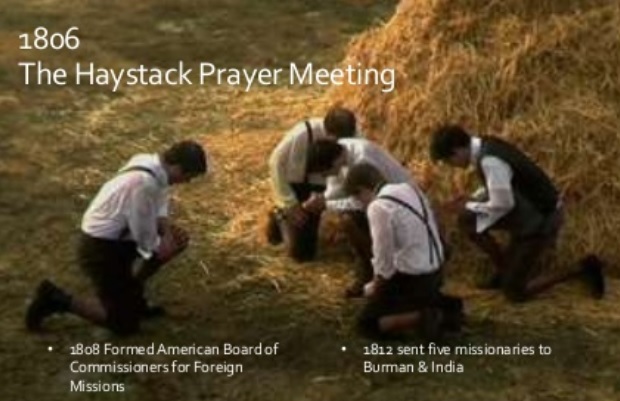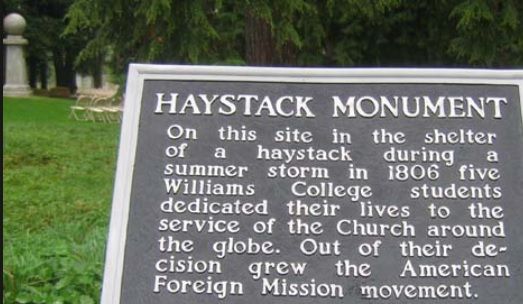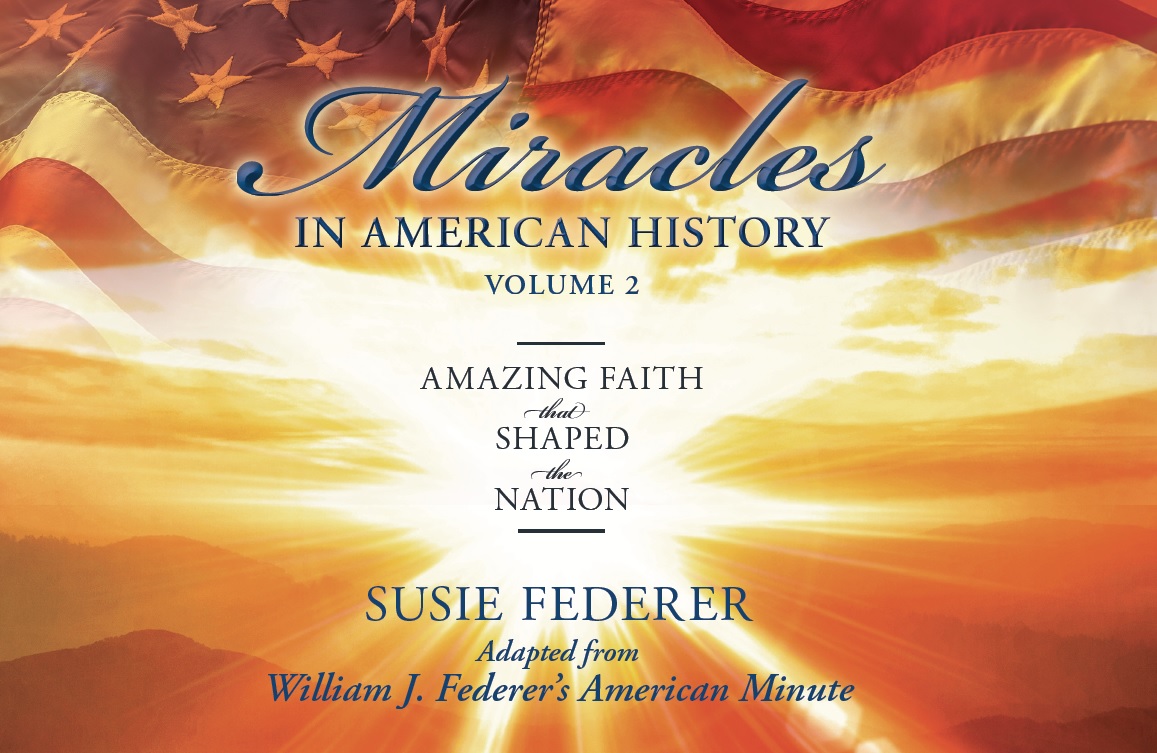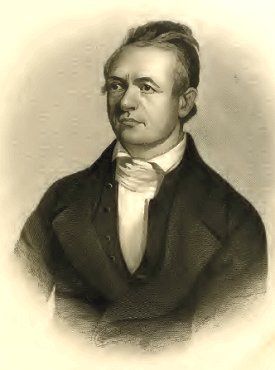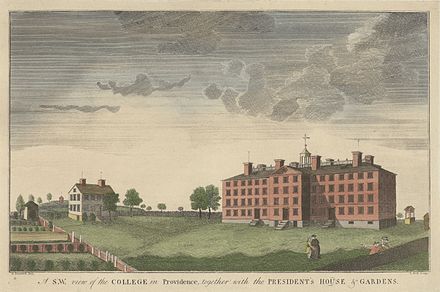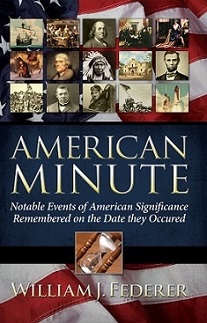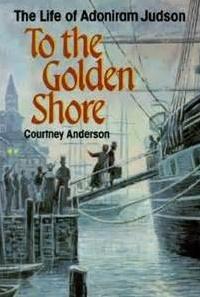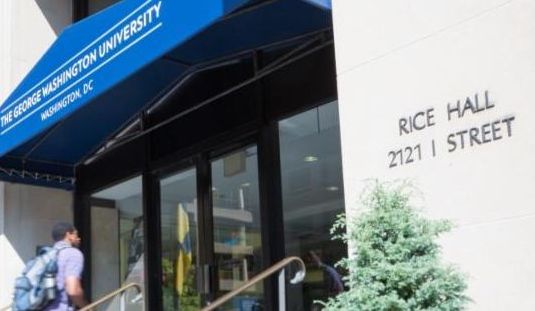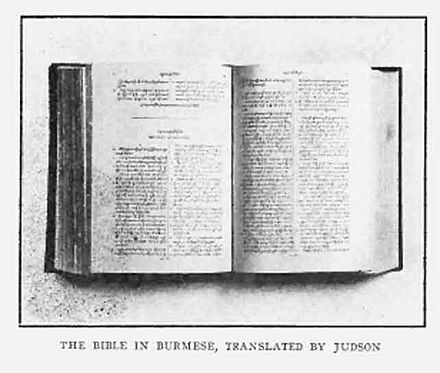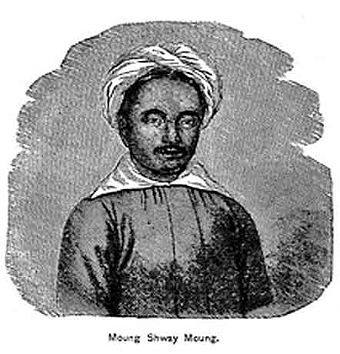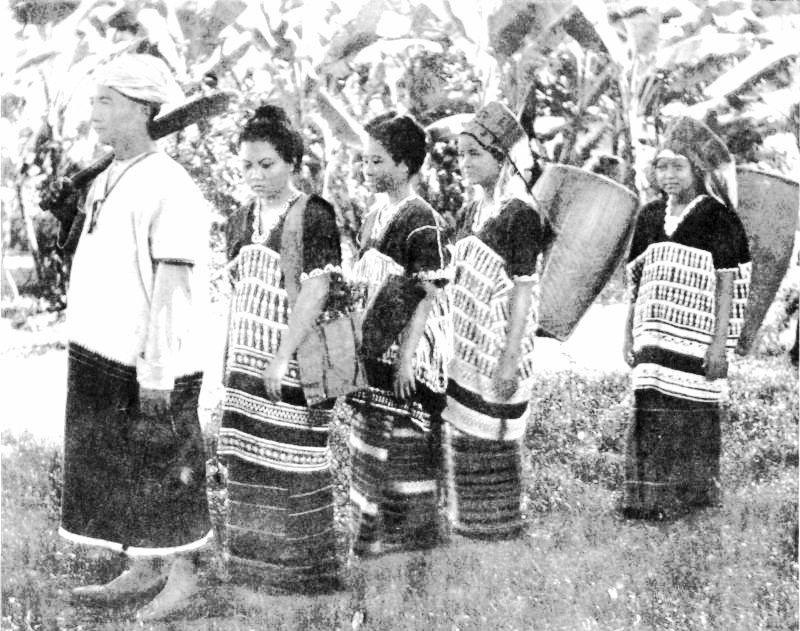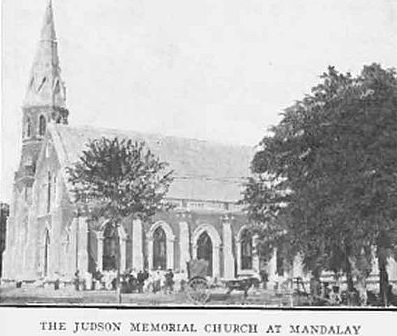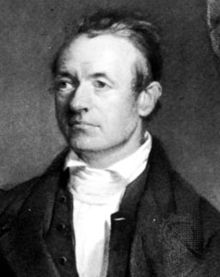Inspired by Great Awakening preachers like George Whitefield, a Yale student named David Brainerd became a missionary to American Indians.
He wrote in his diary:
“I could have no freedom in the thought of any other circumstances or business in life:
All my desire was the conversion of the heathen, and all my hope was in God: God does not suffer me to please or comfort myself with hopes of seeing friends, returning to my dear acquaintance, and enjoying worldly comforts.”
David Brainerd died of tuberculosis at the age of 29 in 1747.
Though only converting a small number, his life story was written down and published in 1749 by Jonathan Edwards, the future President of Princeton, titled “An Account of the Life of the Late Reverend Mr. David Brainerd.”
|
|
It was read by millions and inspired many to become missionaries, including William Carey.
When Carey heard reports of Captain Cook discovering the Hawaiian Islands in 1778, Carey decided to dedicate his life to world missions, traveling from England to India in 1793.
Carey wrote:
“Expect great things from God, Attempt great things for God.”
|
|
William Carey’s life inspired many others.
In the early 1800s, a Second Great Awakening Revival swept America.
In 1806, five Williams College students met by the Hoosic River in Massachusetts near a grove of trees to discuss how to reach the world with the Gospel.
|
|
Suddenly a thunderstorm poured down torrential rain and the students hid next to a haystack till it passed.
While there, they prayed and committed themselves to world missions.
|
|
The book Williamstown and Williams College by Arthur Latham Perry (1904) recorded:
“The brevity of the shower, the strangeness of the place of refuge, and the peculiarity of their topic of prayer and conference all took hold of their imaginations and their memories.”
|
|
The Haystack Prayer Meeting led to the founding of the American Board of Commissioners for Foreign Missions, which in the next 50 years sent out 1,250 missionaries to India, China, Hawaii, southeast Asian countries.
In 150 years, it sent out 5,000 to mission fields around the world.
Missionaries established schools, hospitals and translated the Bible into indigenous languages, even creating written languages.
|
|
The first missionary sent out by the American Board of Commissioners for Foreign Missions was Adoniram Judson, born in Massachusetts, August 9, 1788.
At age 16, Judson began attending a college founded in 1764 by Baptist ministers, the College of Rhode Island & Providence Plantations (Brown University).
|
|
While there, he became friends with a skeptic and deist student named Jacob Eames.
Eames was a fan of the godless French philosophies which emerged after the French Revolution and swept America’s college campuses, capturing the minds of impressionable students.
Eames convinced Judson to abandon his parent’s Christian faith and become a skeptic.
In 1804, after graduating valedictorian of his class at age 19, Judson opened a small school and wrote grammar and math textbooks.
|
|
While traveling to New York City in 1808, Judson stayed at a little inn.
He was annoyed and not able to get any sleep because the groans of a dying man in a neighboring room kept him awake all night.
Nevertheless, Judson ignored the cries, as his heart had become hardened by his skeptical college friend, Jacob Eames.
The next morning, when checking out, Judson inquired of the innkeeper who the man was who had died in the night.
He was petrified when he heard it was none other than Jacob Eames, his college friend.
|
|
This rude awakening led Adoniram Judson to reaffirm his Christian faith.
He would go on to become one of America’s first foreign missionaries and the first significant missionary to Burma – modern day Myanmar.
|
|
Adoniram Judson fell in love with Ann Hasseltine, also known as Nancy.
Adoniram wrote to Ann’s father:
“I have now to ask whether you can consent to part with your daughter early next spring, to see her no more in this world;
whether you can consent to her departure for a heathen land, and her subjection to the hardships and sufferings of a missionary life;
whether you can consent to her exposure to the dangers of the ocean; to the fatal influence of the southern climate of India; to every kind of want and distress; to degradation, insult, persecution, and perhaps a violent death? …”
|
|
He continued:
“Can you consent to all this for the sake of Him who left his heavenly home, and died for her and for you; for the sake of perishing immortal souls; for the sake of Zion and the glory of God?
Can you consent to all this in hope of soon meeting your daughter in the world of glory, with a crown of righteousness brightened by the acclamations of praise which shall redound to her Savior from heathens saved, through her means, from eternal woe and despair?”
|
|
At age 23, Adoniram, and his wife Ann, age 22, sailed from New England on FEBRUARY 19, 1812, for Calcutta, India.
|
|
Another missionary who sailed with the Judsons was Luther Rice.
In India, they all met English Baptist missionary William Carey.
The Judsons and Luther Rice switched from Congregationalist to Baptist, which jeopardized their financial support.
They were forced by the British East India Company to leave India.
|
|
The Judsons sailed for Rangoon, Burma, and Luther Rise returned to America.
Rice dedicated himself to raise money for missions, which led to the establishment of the Southern Baptist Convention.
|
|
Brown University awarded him an honorary doctorate.
Rice helped start numerous Baptist seminaries and universities, including The George Washington University in Washington, DC, in 1821, where the main administration building is named Luther Rice Hall.
|
|
In Burma, Adoniram and Ann Judson translated Bible Scriptures, preached in Burmese, and started schools.
|
|
When war broke out between the British and Burma, Burmese officers burst into the Judson’s home.
They threw Adoniram on the ground in front of his pregnant wife and tied him up with torture thongs.
|
|
Accusing him of being a spy for the British, they dragged him away and threw him into the infamous Ava death prison.
After 12 months, Judson was marched with other prisoners, ill and barefoot, to a primitive village near Mandalay.
All but one of the other prisoners died.
|
|
While Adoniram was in prison, his wife Ann was alone as the only western woman in the entire country.
She lived in a tiny shack outside the gate and brought him meager food, as the prison did not feed him.
Ann continually lobbied the authorities for his release.
|
|
After 20 months of brutal treatment, being in irons and even suspended by his mangled feet, Adoniram was finally released.
The British then pressed him into serving as an interpreter between the British and Burmese, where he gained respect from both sides.
|
|
Adoniram Judson compiled an English-Burmese Dictionary and translated the Bible.
Then, in 1826, Adoniram Judson’s wife, Ann, died.
Adoniram sank into severe depression.
|
|
Later, he was joined by missionaries George Boardman and his wife, Sarah.
|
|
It took Judson 12 years to make 18 converts.
One of the first Christian converts was from the Karen people, a man named Ko Tha Byu.
He had been a murderer with a diabolical temper. After being captured, he was sold into slavery. Adoniram Judson and George Boardman began witnessing to him, teaching him to read and write.
Ko Tha Byu converted to Christianity and was baptized on May 16, 1828. For the rest of his life he was a tireless evangelist to the Karen people.
|
|
The Karen people had been a hunted minority scattered in the jungles.
Astonishingly, their ancient Karen people beliefs were that there was an all-powerful Creator of heaven and earth who made a man, then took one of the man’s ribs and formed a woman.
The Karen people believed that as a result of temptation by a devil, the man and woman fell, but there was a promise that someday a messiah would come to their rescue.
|
|
The Karen people lived in expectation of a prophecy that white foreigners would bring them a sacred parchment roll instructing them on the way to heaven.
|
|
Ko Tha Byu was put into the ministry by Adoniram Judson.
With Ko Tha Byn’s help, from 1828-1840, membership in the Karen Baptist Church grew to 1,270.
Ko Tha Byu served as the first native Burmese pastor, refounding the church at Rangoon.
A mission worker described him: “Ko Tha Byu was an ignorant (uneducated) man; yet he did more good than all of us, for God was with him.”
|
|
Adoniram Judson died in April 12, 1850.
His life’s work resulted in Burma having 100 churches, 123 ministers and over 8,000 baptized Christians.
The leader of the Myanmar Evangelical Fellowship stated in 1993:
“Today, there are 6 million Christians in Myanmar, and every one of us trace our spiritual heritage to one man – the Reverend Adoniram Judson.”
|
|
Each July, Baptist churches in Myanmar celebrate “Judson Day.”
In the United States, no less than 36 Baptist churches are named after Adoniram Judson, as well as Judson University in Illinois and the town of Judsonia, Arkansas.
His wife, Ann Judson, is the namesake of Judson College in Alabama, as well as a dormitory at Maranatha Baptist University.
At Brown University there is a house named after Adoniram Judson, owned by Christian Union.
|
|
During World War II, a U.S. Liberty Ship was stationed in the Philippines named the SS Adoniram Judson.
Surviving 56 air raid attacks day and night for six days, the ship’s captain said “It was miraculous that the bombs did not hit the ship.”
|
|
Expressing his conviction, Adoniram Judson wrote:
“How do Christians discharge this trust committed to them?
They let three fourths of the world sleep the sleep of death, ignorant of the simple truth that a Savior died for them.”
|
|
Schedule Bill Federer for informative interviews & captivating PowerPoint presentations: 314-502-8924 wjfederer@gmail.comAmerican Minute is a registered trademark of William J. Federer. Permission is granted to forward, reprint, or duplicate, with acknowledgment.
|
|
|
|
|
|
|




